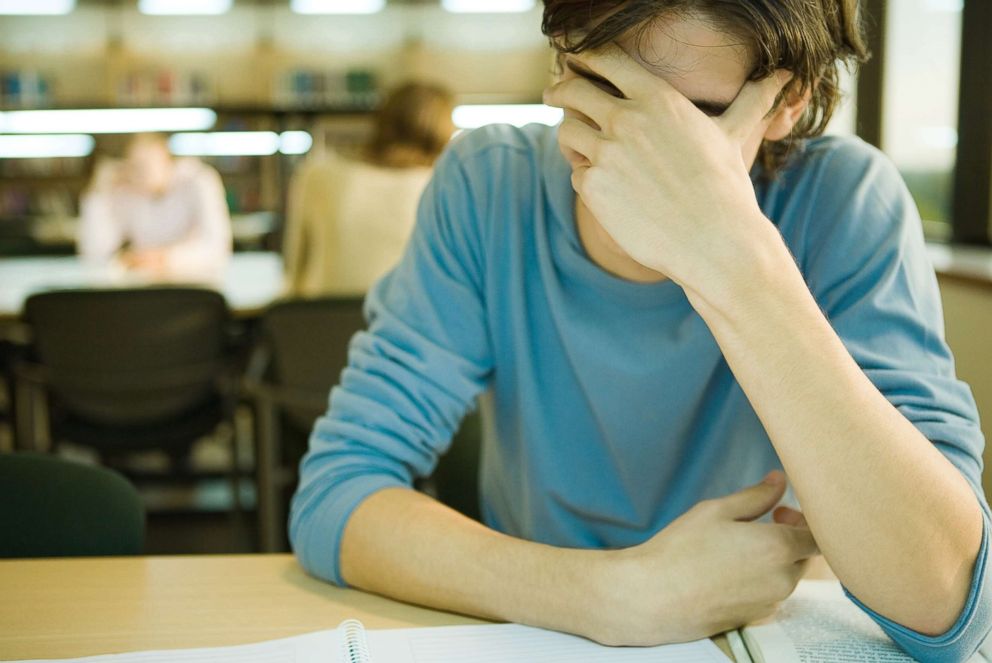Parents, take note: Kids, teen, college student mental health problems on the rise

Adding to a wave of recent studies highlighting the unique mental health challenges that teens and young adults face — oftentimes alone — a new report from the World Health Organization finds that one in three college students worldwide have a mental health condition.
For many parents, the new statistics are unsettling, as they’ve heightened awareness of common struggles, like depression, anxiety and suicidality in teens and college students. But while the study points out problems, parents are left searching for better ways to support their children.
“The findings are real and concerning,” Dr. Tyree Winters, a New Jersey pediatrician and mental wellness advocate, told ABC News. “Stigma against mental health is changing, and these studies of adolescents spark a sensitive mental wellness conversation that is long overdue.”

Experts agree that mental health conditions in teens and young adults are on the rise. One study released last week suggested that 20 percent of all college students have considered suicide, and that one in every 10 college students has attempted self-harm.
But these recent studies are primarily based on self-reports, and may only be scratching the surface, according to Dr. Barbara Robles-Ramamurthy, an adult, child and forensics psychiatrist.
“Some young adults might not know they meet criteria or have never received a medical diagnosis,” she told ABC News. “It’s possible that the surveys only capture those who know what they have — others may be unaware or untreated for years.”
The surveys also delved into the adolescents’ self-identity — asking about sexuality and gender — in order to gain insight into the effect it might have on their mental health. Radical changes in their environments and pressures to relate to their peers may contribute to the high rates of reported mental and emotional issues. Transgender students are disproportionately affected, according to multiple studies, with as much as half of transgender students at risk for mental health conditions and suicidality.
“Transgender teens may be especially vulnerable to mental health challenges during this period of social and sexual discovery,” Dr. Ulysses Burley, founder of UBtheCure, a health and human rights advocacy organization, told ABC News. “Social rejection, bullying, discrimination and intimate partner violence are forms of trauma that may affect transgender students in ways parents might not consider.”
Many concerned parents want to help, but don’t know what to do, in part because there’s an incomplete understanding of mental health conditions and the risk factors.

The warning signs can be obvious, such as significant changes in behavior, sleeplessness, a smaller appetite and a diminished motivation to do routine activities. But other signs may be more subtle, such as irritability or gradual withdrawal.
Although these studies might spark debate, each one emphasizes the need for more help — resources dedicated to reducing adolescent and young adult mental health risk.
While schools and colleges expand mental health resources, parents should actively identify available options within their child’s environment. Robles-Ramamurthy encourages parents and loved ones to take the first step by learning how to ask for help.
“Recognize your own limitations in dealing with mental health in your child, because it may affect your ability to help them effectively,” she said. “Be sure to ask for help from people who are trained to give the appropriate care.”
Dr. Italo M. Brown is an Emergency Medicine Physician and writer with the ABC News Medical Unit.



